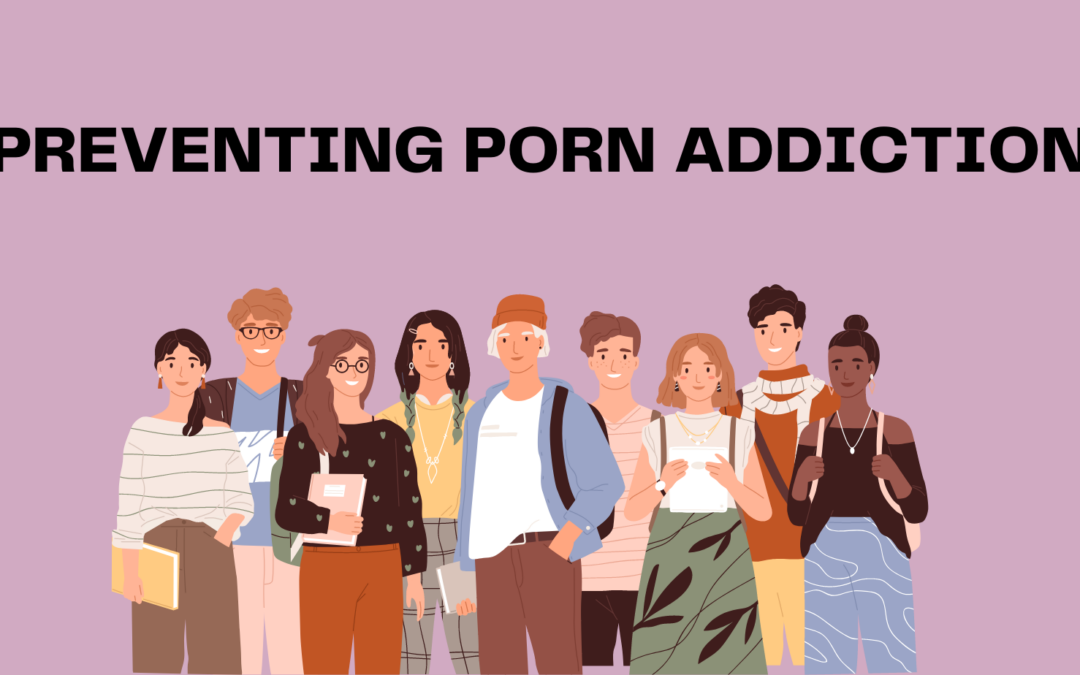Over the past year, we have had the good fortune of visiting with parents, teens and professionals from around the country regarding the topic of pornography use among youth. We have been encouraged by the level of concern expressed by many of those with whom we have interacted. While most are greatly concerned about the issue and agree that prevention efforts among our youth are vital, those young people who are struggling with addiction issues relating to pornography continue to remain in the shadows. While research is limited regarding the number of teens addicted to pornography, it does seem apparent to us that very few struggling with compulsive use of pornography are actually getting help. The fact that so few youth are accessing treatment for this issue is a big concern to us. Certainly the shame and embarrassment that so often accompanies a pornography addiction is a factor that prevents more from seeking help. Additionally, the use of pornography becoming more widely accepted in society and its use being considered “normal teen behavior” is likely a factor as well.
Too often, we minimize potential problems and simply hope they will somehow go away on their own. As parents and professionals, we need to be more vigilant to assure that those teens who are struggling with pornography addiction are able to get help in breaking free from the addiction. Failing to do so holds both short-term and long-term damaging ramifications for youth. In most cases, individuals addicted to pornography are unable to break the addiction on their own.
According to the Journal of Adolescent Health, prolonged exposure to pornography leads to:
- An exaggerated perception of sexual activity in society
- Diminished trust between intimate couples
- The abandonment of the hope of sexual monogamy
- Belief that promiscuity is the natural state
- Belief that abstinence and sexual inactivity are unhealthy
- Cynicism about love or the need for affection between sexual partners
- Belief that marriage is sexually confining
- Lack of attraction to family and child-raising
Too many youth do not deal with this issue during their teen years and move into adulthood with an addiction. As evidenced by the above mentioned study, the consequences lead to the destruction of families and healthy relationships. In addition to prevention efforts and education about the dangers of pornography, we need to assure that teens struggling with pornography addiction have the chance to get help to break free from the addiction while they are still young.

